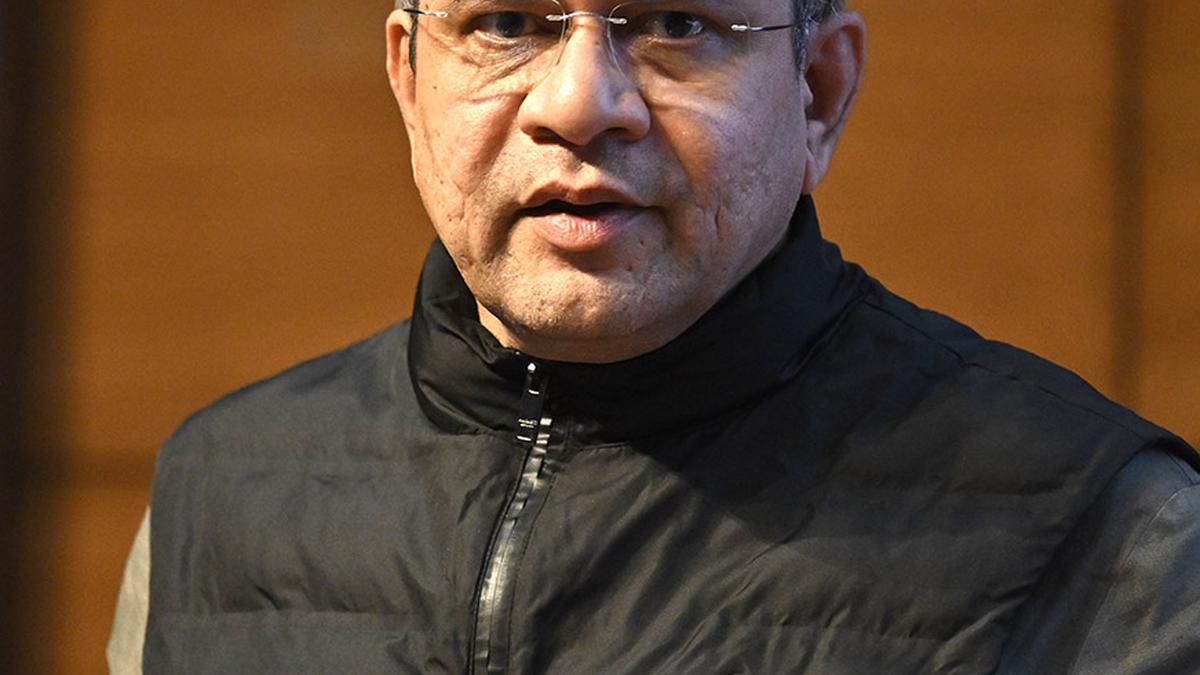 |
|
The announcement of the 8th Central Pay Commission by Prime Minister Narendra Modi on January 16th, 2025, marks a significant development in the Indian political landscape. This commission, tasked with revising salaries for central government employees and allowances for pensioners, will have far-reaching consequences for millions of individuals and the national economy. The establishment of this commission is not an isolated event, but rather a continuation of a long-standing practice of periodic pay revisions within the Indian civil service. The previous 7th Pay Commission, established in 2016, had a significant impact on government spending and employee morale, and its expiration in 2026 necessitates the timely implementation of the 8th commission.
The process of establishing and operating a Pay Commission is complex and involves extensive consultations, data analysis, and negotiations. The commission's members are typically experts in economics, finance, and public administration. They undertake a thorough review of existing salary structures, considering factors such as inflation, cost of living, prevailing market rates for similar positions in the private sector, and the government's fiscal capacity. The commission also examines allowances and benefits received by government employees, such as housing allowances, travel allowances, and medical benefits. Their recommendations are then submitted to the government, which may accept them in full, in part, or with modifications. The government's decision-making process usually involves consideration of budgetary constraints and broader economic priorities. The ultimate outcome significantly influences the compensation and benefits received by government employees and pensioners, thereby having cascading effects on the economy and various sectors.
The announcement of the 8th Pay Commission has already generated considerable anticipation and discussion among central government employees and pensioners. The previous pay commission revisions resulted in substantial salary increases and improved benefits, leading to an increase in disposable income and consumer spending. The impact of the 8th Pay Commission's recommendations is likely to be similar, although the precise extent of salary revisions will depend on the commission's recommendations and the government's final decision. Furthermore, the timing of the announcement, with the 7th Pay Commission's term ending in 2026, demonstrates the government's proactive approach to ensuring the timely review and update of compensation structures. However, the government will need to carefully balance the financial implications of implementing the pay commission's recommendations with its broader economic objectives and fiscal responsibilities. Any significant increase in government expenditure due to higher salaries will have repercussions for other government programs and policies.
The upcoming appointment of the chairman and two members of the 8th Pay Commission is a critical next step in the process. The selection of these individuals will be closely scrutinized, as their expertise and impartiality will be vital in ensuring a fair and transparent review process. The commission's work is likely to take several months or even years to complete, involving extensive research, analysis, public consultations, and negotiations with various stakeholders. Once the commission submits its recommendations, the government will have the responsibility of reviewing and implementing them. This process will likely involve further consultations and discussions, and any decision made will have substantial consequences for the government's budget and for the lives of millions of central government employees and pensioners. The 8th Pay Commission’s work will be highly significant not just for its immediate effects on salaries and allowances but also for its longer-term impact on the morale and efficiency of the civil service, influencing the functioning of the Indian government for years to come.
Source: Government announces 8th Pay Commission for central government employees
